Can Power by the People for the People Be Achieved?
By Joost van Steenis
Jean-Paul Marat and People’s Power
The French revolutionary Jean-Paul Marat was murdered before his revolutionary ideas could spread. Marat did not want misdeeds of members of the leading class to be judged by other members of that class. His goal was simple, “to stop corruption and other crimes of the leading class that caused too much misery and also too many dead common citizens from the lower regions of society.”
Marat proposed to attack on two fronts: “Between the clan of the privileged and The People, between the small number and the masses, reconciliation is not possible. But a fight is also needed against the apathetic people who are also called reasonable.”
He wanted to protect the achievements of the French Revolution with Patriotic Clubs that would prevent the old leading class from regaining power. The organization of society in the time of Marat did not differ fundamentally from the present situation. Our democracy has his roots in the ideas of Montesquieu about the Trias Politica. There exists a deep separation between the one percent and the 99 percent. The Trias Politica regulates conflicts inside the one percent. Two hundred years after the French Revolution, the influence of the 99 percent is still negligible.
Marat’s ideas can be distilled from the next quotations:
“Patriotic Clubs will only pay attention to people in the civil services and unite the forces of the people in order to make up for the grievances of citizens. They will punish the agents of the authorities who are guilty, stop the continuation of their bad deeds and safeguard the well being of the people…. but we will never be a club that is involved in the process of making decisions. That should be a serious mistake: a free union of citizens is not allowed to meddle in public affairs, to govern or to administrate. That must be clear: a club has only the simple and pure right to make propositions, to give advice and to ask questions. But when the freedom and the safety of the people is attacked it is not only adviser but also agitator, censor, punisher and even killer….”
“The only goal is the punishment of the perpetrators of crimes against public and individual freedom and safety. Therefore the clubs are not open for people who are attached to the Royal Court, for Queens’ Commissioners, for members of leading academic clubs, for gentlemen of independent means, for captains of finance, for speculators on the bourse, for attorney generals, for members of the Parisian military police and for members of the town council. And one should be very careful about admitting noblemen, members of the judicature or high army officers….”
The first quote points at the power to control while rejecting meddling in public affairs or involvement in governing or administrating. High-placed leaders propose and The People control, accept or reject propositions. The Patriotic Clubs differ from political parties with leaders that are accepted by leaders of the public or private sector. Though Marat’s foremost concern was the public sector, his ideas can also be applied to the private sector. The second quote emphasizes that people with high functions or belonging to the one percent may not become members of Patriotic Clubs; they have their own power instruments.
Temporary Autonomous Clubs
I prefer the name Autonomous Clubs over Patriotic Clubs. They are temporary and alternating minorities of active, interested and involved citizens. They must remain temporary and not degenerate into political organizations that obey the Iron Law of Oligarchy, as Roberto Michels already remarked a hundred years ago about trade unions. Such institutions are soon controlled by the elite. When a goal is reached, Clubs dissolve and former members return to their private lives or join another Club to correct wrongdoings of other leaders. The dynamics of many unpredictable Clubs will fundamentally change society and a new Humane World will arise in which all people have the same status.
The Clubs will challenge decisions taken by majorities of partly uninterested and often manipulated citizens who still believe that leaders are acting on behalf of all people. This can be achieved when the 99% puts pressure on decision takers about the time, place and method they choose. Now citizens transfer their power to elected people who are immune from any influence of the people after they have been elected.
Only people without power may belong to Autonomous Clubs. A multitude of such Clubs form the new controlling People’s Power. The three separated powers of Montesquieu increased the freedom of the leading class, the new autonomous People’s Power will increase the freedom of common citizens.
How Can the People Control?
A long series of small successes would undermine the power of the one percent. To escape the continuous pressure from below on their private living situation the one percent would be forced to take different decisions. Because the 99 percent are many, a long series of small successes is possible. The Autonomous Clubs would wage a War of the Flea.
“The Flea bites, hops and bites again, nimbly avoiding the foot that would crush him. He does not seek to kill his enemy at a blow but to bleed him and feed on him, to plague and bedevil him, to keep him from resting and destroy his nerve and morale…. All this requires time. Still more is needed to breed more flees. What starts as a local infection must become an epidemic, as one by one the areas of resistance link up, like spreading ink spots on a blotter.” (Robert Taber, The War of the Flea)
The 99 percent would thus learn how to break the power monopoly of the Happy Few without much damage to themselves; they would learn how to combat any superiority of people over people. This is a crucial condition for a new Humane World in which not money dominates all decisions but the idea that all people have the same status, a world in which none is subordinate to others, a world in which common citizens have decisive power.
In the new society the 99 percent would control the leaders and block or veto wrong decisions that principally benefit the top of society. A growing number of temporary Autonomous Clubs would increase the power of The People. In the end we would get a society with autonomous, active, interested and involved people who use the People’s Power when decision takers take wrong decisions. Leaders govern and decide, The People control, veto and even punish faulty leaders. The revolutionary dynamic guerrilla War of the Flea is the university that issues the diplomas to enter the new Humane Society.
Editor’s Notes: Joost van Steenis is a veteran activist from The Netherlands who among other things took part in the Provo, Squatters and Anti-nuclear Movements. His books, including his latest “From Chaos to Change, Entering a New Era”, are freely downloadable from his site “Down with any elite”. Facebook Group: “Occupy the 1%”.
Related Articles

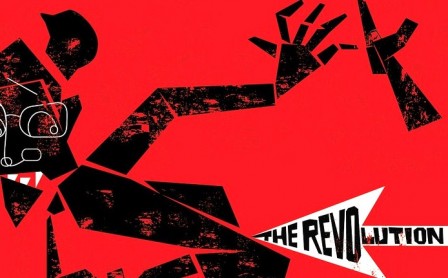
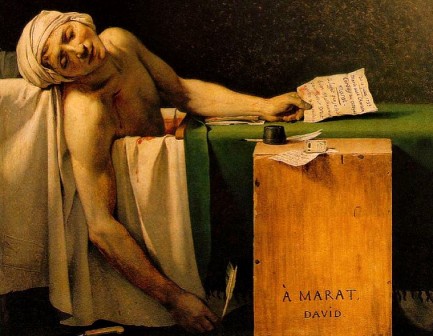
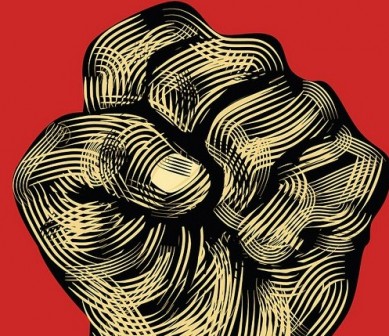
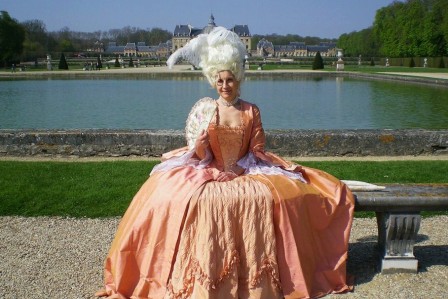
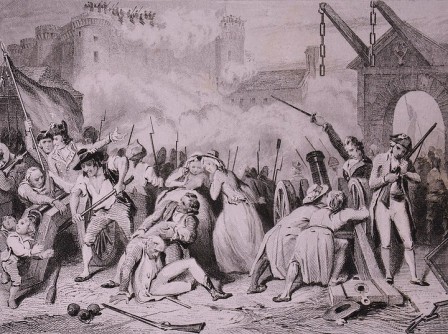
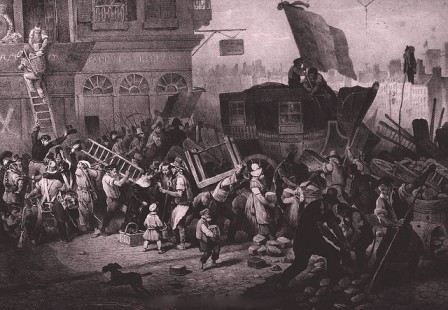
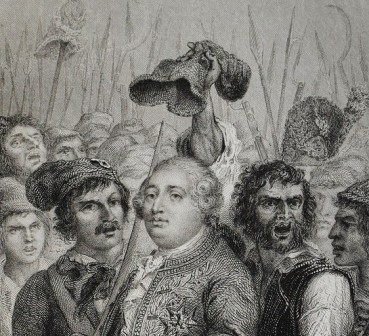
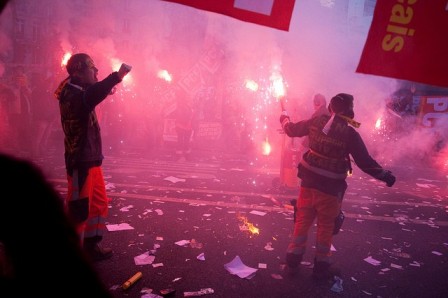











You must be logged in to post a comment Login